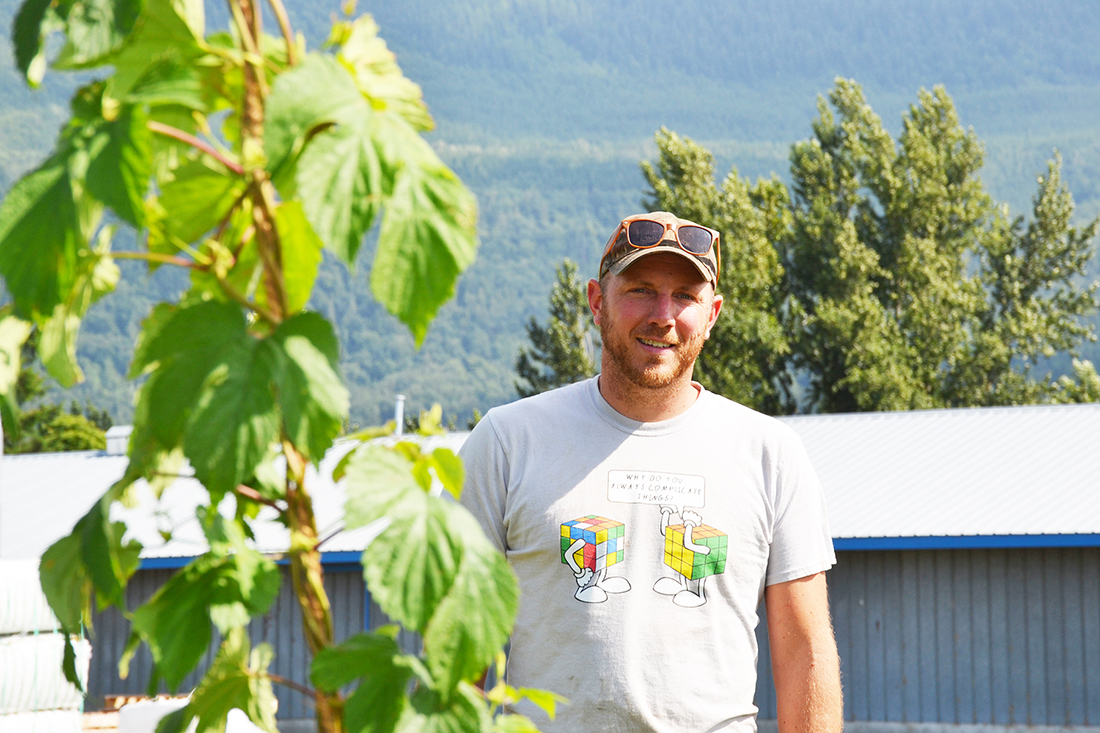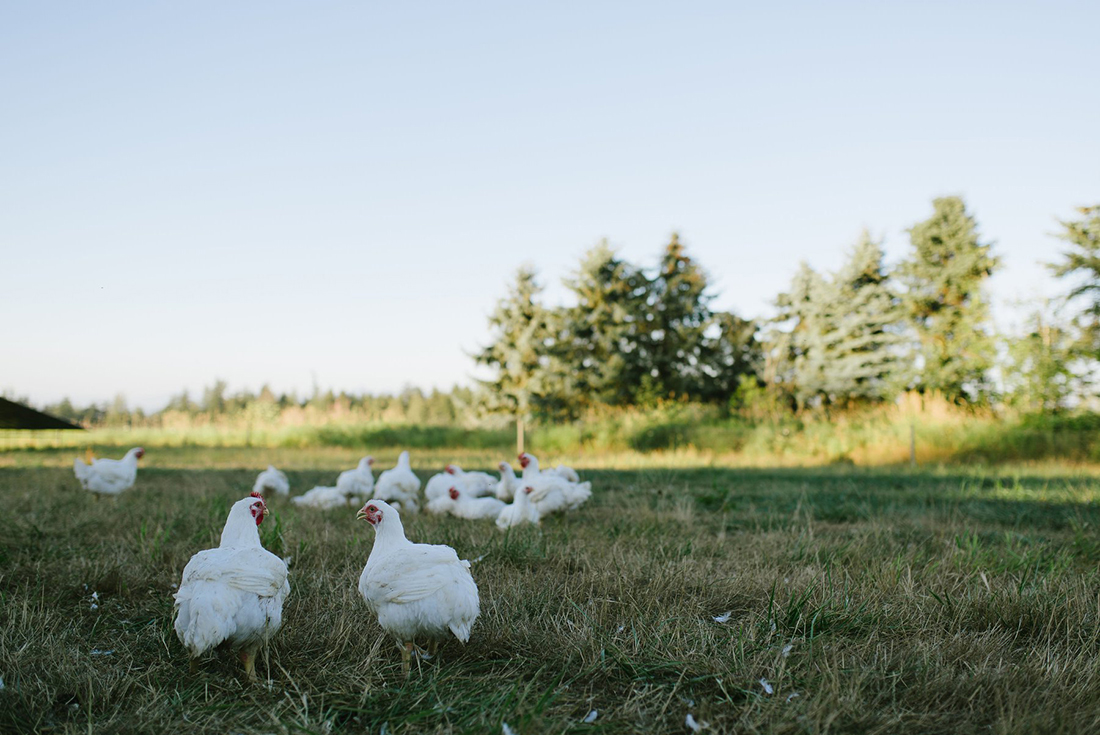ABBOTSFORD—BC’s hop industry faces a bright future as the industry consolidates around growers with long-term plans, but plenty of challenges remain.
Growers harvested approximately 200,000 pounds last year, a crop that was dried and shipped to brewers across Canada, the US and beyond North America.
“We’re getting more interest and we’re also developing a number of export markets,” says Ray Bredenhof, president of the BC Hop Growers Association.
He recently acquired another property that will give Bredenhof Hop Farms 21 acres. He also harvests 19 acres for fellow growers. This has put his business, which includes drying, pelletizing and distributing, at capacity. But growth of demand means there are still opportunities for growers.
“I’m working on international hop deals where I’m going to need hops from more than just my farm,” he says.
But the number of growers has fallen from more than 30 last year to about 20 today. Bredenhof expects a net decrease in BC hop acreage this year as a result.
“It’s an industry that’s consolidating,” he says. “Our quality is improving, our farming practices are improving and the good growers are succeeding, but it’s a challenging industry. It really is.”
Lack of processing capacity
Two key issues are a lack of processing capacity, which meant some acreage couldn’t be harvested last year, and competition from other regions.
Consumers opt for local where possible, as the success of the annual BC Hop Fest in Abbotsford shows. It has grown to more than 1,000 people since the first event in 2015, large enough that the Agricultural Land Commission says it can’t take place on farmland. This prompted its cancellation this year, but organizers Dwayne and Diane Stewart of BC Hop Co. hope to resume the event in fall 2020.
Yet hops are one ingredient that the province’s craft brewers have been slow to source from their own backyard. Oil content and aromatics are key variables among hop varieties, and Lower Mainland brewmasters tend to favour imported hops.
“They’ve been buying US or New Zealand hops for so long that they’re not changing the recipe to fit the BC hops in,” says Bredenhof.
Style is indeed a big factor, say local brewers, including those most committed to supporting local food and farmers.
“It’s not that we don’t want to support local hops, it’s just that we’re looking for a certain flavour profile and it’s just not possible with some of the hops that are grown here,” says Josh Vanderheide of Field House Brewing Co. in Abbotsford. “And that’s okay. It should be okay. … If we could only use local hops, all the craft beers would taste the same.”
Moreover, not all recipes require the same amount of hops. When it challenged the province’s ban on on-farm breweries in the Agricultural Land reserve in 2016, Persephone Brewing Co. Inc. of Gibsons was told that its one-acre hop yard was a minor contributor to its beers. But owner Brian Smith contended that the hops’ contribution far outweighed their economic value.
“Frankly, if all I did was grow hops on that farm and not process it, I couldn’t even afford to pay our mortgage let alone have a viable or profitable business model,” he said at the time. “Beer has a profit margin in it that absorbs the cost of building out the agriculture.”
The lightly hopped honey ale Persephone brewed this year for the BC Association of Farmers’ Markets – whose member markets adhere to a “make it, bake it, grow it” philosophy – did not come from BC, even though the yeast was locally cultured and the honey was sourced from seven BC farms.
Smith says the question of hop content is challenging. The honey ale wasn’t a hop-forward beer, but style is just one of many factors.
“It is a combination of things including varietals, pricing, marketing and farmers being out of touch with their end-user,” he said. “[I] don’t think any of that is something that I want to take on fixing.”
However, the BC Craft Brewers Guild recognizes the issue, and together with the BC Hop Growers Association launched the Lupulin Cup award in 2017 to foster closer relationships between BC hop growers and brewers.
Research to identify and develop new hops, such as Sasquatch, a patented variety that traces its roots to feral hops in Pemberton, or Lumberjack, a trademarked variety developed with imported genetics, will also help.
“That’s innovation, and government and innovative agricultural funding should go towards that,” says Vanderheide, who would like to see government support new variety development as it does for other crops.
“If government was willing to fund going to find the other hops with unique flavour profiles and funding trials of growing unique hops here, that would help build an industry,” he says.
In the meantime, growers are showing there’s a home for top-quality hops.
“The industry is straightening itself out,” says Bredenhof. “The growers that are left are more of the higher-quality, long-term, committed growers.”


 FIRB sides with K&M on annualized production
FIRB sides with K&M on annualized production